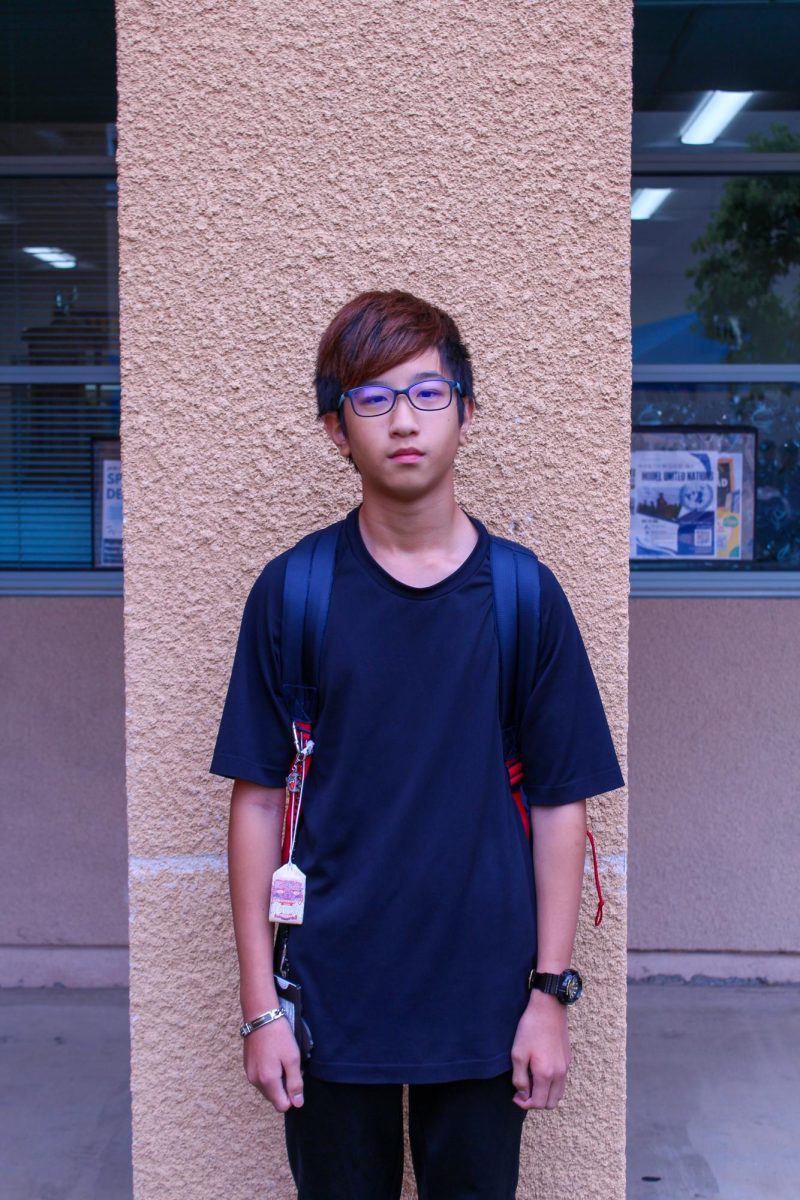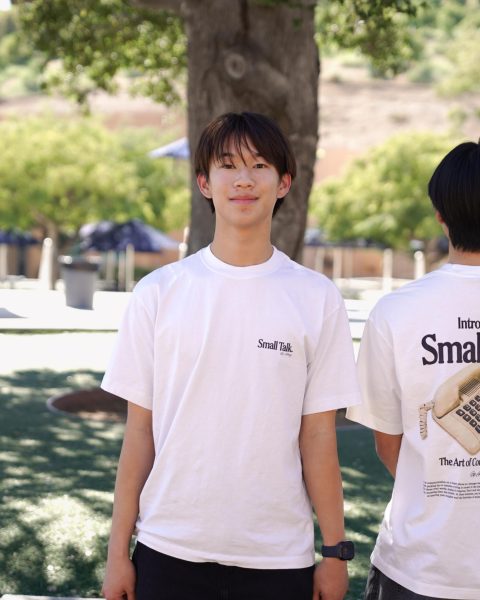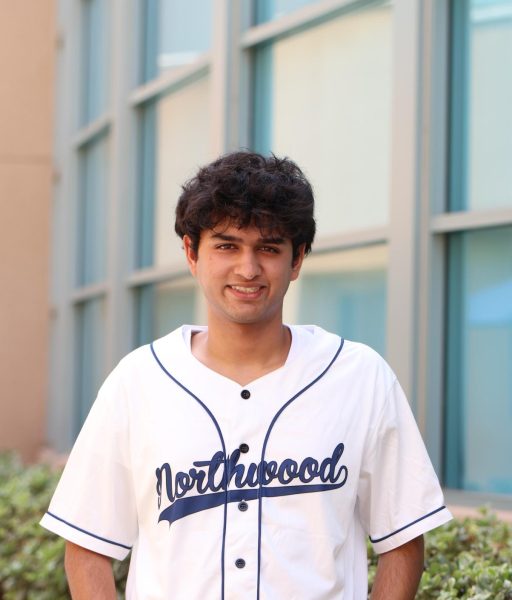Food plays an integral role in how we construct our cultural identities and build bridges across linguistic barriers. In honor of National Dumpling Day on Sept. 26, we asked students about their inner dumpling story, connecting food to familiarities:
Pelmeni, or Russian dumplings, are a special food because they express a sense of unity. We only make them during large family gatherings such as Christmas. Everyone crowds around the table, rolling dough and molding the pelmeni. The fun part is designing the ridges: some do swirls, others do spikes and I just mush mine together. Each family has their own special condiment; ours is a tangy mix of ketchup and sour cream.
— Soph Peskin (12)
Samosas from my Pakistani heritage are a comfort food eaten during major religious holidays like Ramadan or Eid, or just sometimes as a quick snack. They remind me of family, as together we would take a potato or beef filling and wrap it with a triangular-shaped piece of dough to form a cone. When I was little, I always thought their shape was really strange because it was like a triangle, but it was like love at first bite when I tried them.
— Rayan Khan (10)
I often ate shui jiao for dinner with my family when I lived in Taiwan. Usually, we’d buy pork-filled shui jiao—my favorite kind—right from the night market, along with niu rou fan, a Taiwanese meat rice bowl. At home, we’d boil the frozen shui jiao and wait 10 minutes. In the end, it would turn out like a hotpot, but with only dumplings. That was a common meal or, sometimes, a snack we’d enjoy with soy sauce.
— Ryan Cheng (9)
When I think of gyoza from my Japanese heritage, I immediately think of home. It’s my ultimate comfort food! Crispy. Flavorful. Comforting. I eat it as a main dish with rice, which many find odd. Making gyoza was always a special time with my grandma; when I was young, she taught me the importance of folding my dumplings neatly so the gyoza would taste as good as they looked. Filling, folding and pan-frying them with that perfectly crispy wing was a uniquely tricky but rewarding challenge.
— Reisa Iwai (11)




















































